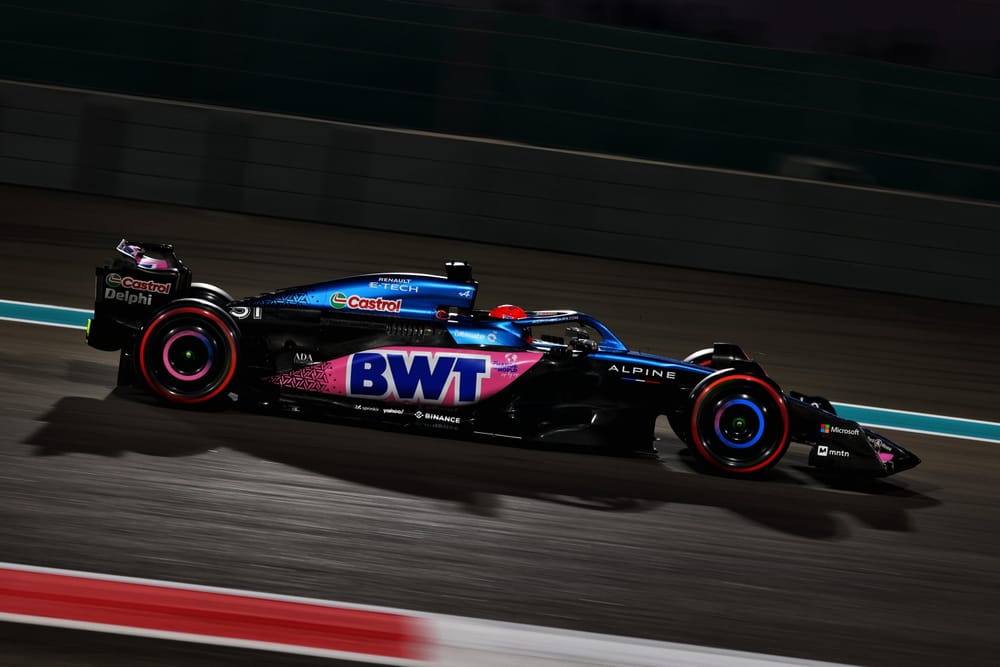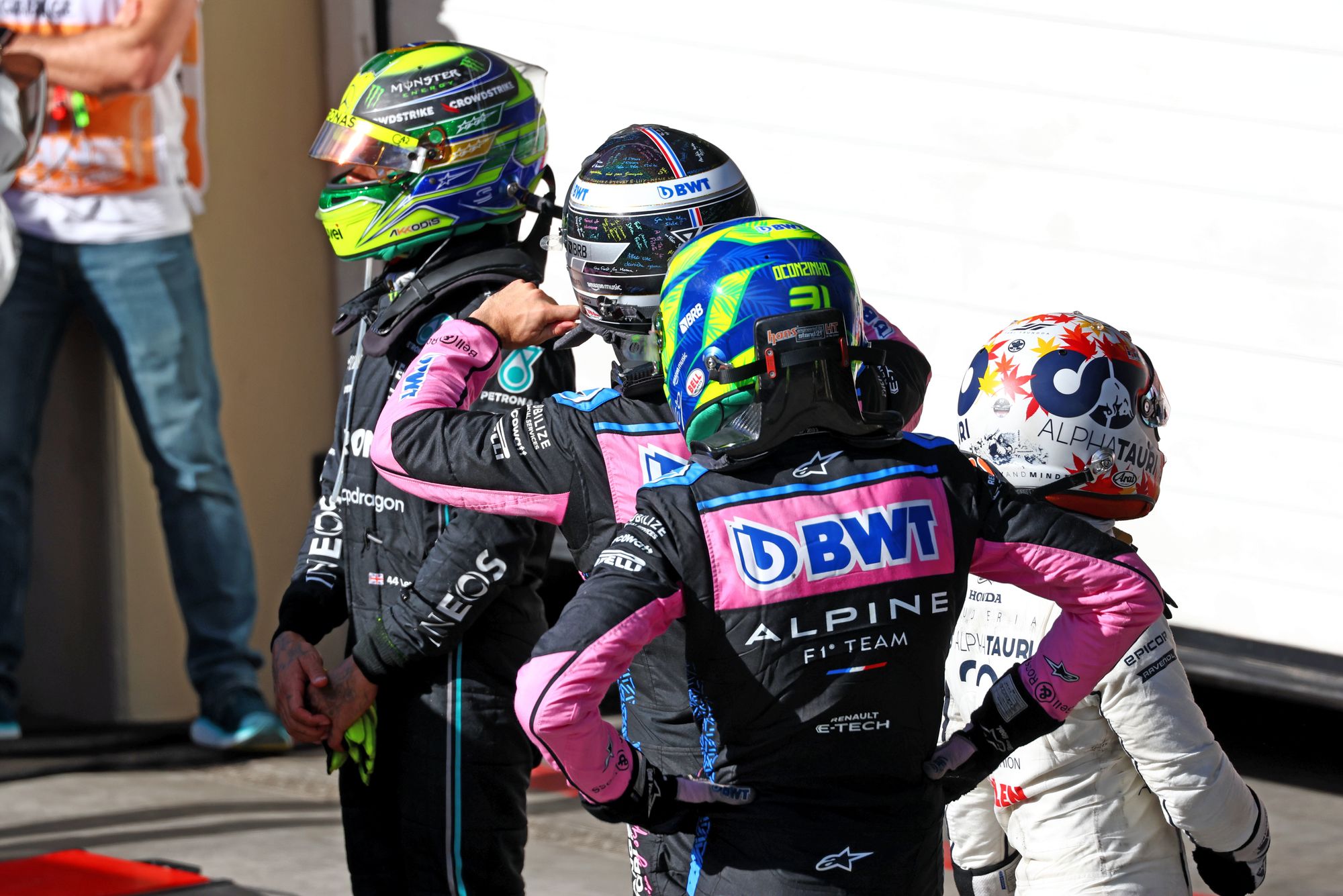Up Next

New Williams chief technical officer Pat Fry has explained his reasoning for walking away from the Alpine Formula 1 team earlier this year, revealing that he felt the Renault Group ownership lacked the "drive and enthusiasm" to climb higher than fourth in the championship.
Fry, who started work at Williams at the start of November, played a key role in Alpine’s upturn in fortunes after joining as technical director ahead of 2020, subsequently being promoted to CTO.
However, he was sold on the Williams project by James Vowles and cited the support and investment of the ownership, Dorilton Capital, as a key reason for that.
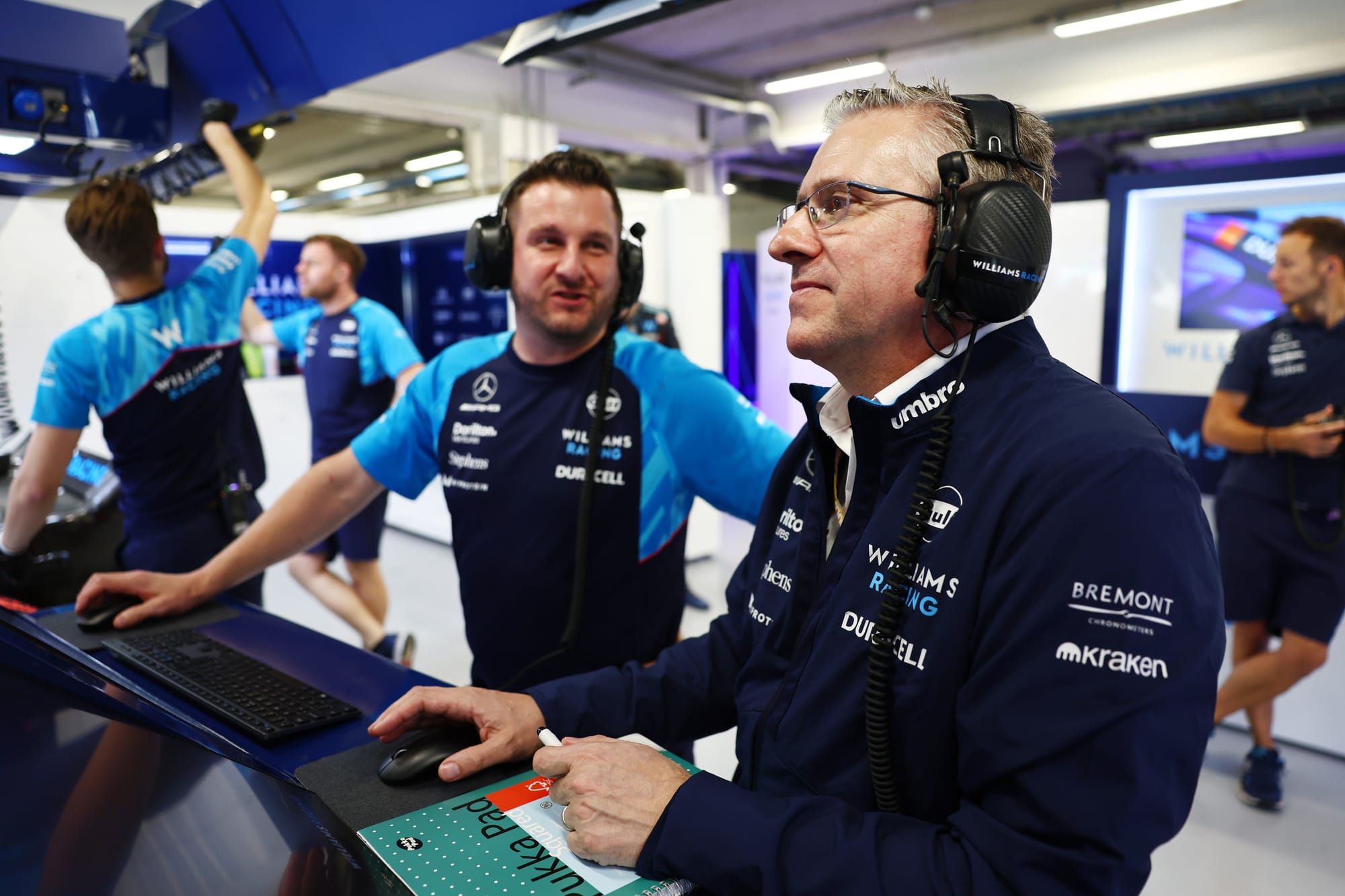
He said he was already starting to question to the overall direction of Alpine at the start of the year, and it is understood then-Alpine CEO Laurent Rossi’s public criticisms of the team during the Miami Grand Prix weekend contributed to Fry deciding to leave.
Fry started his F1 career at the Enstone team in its Benetton guise in 1987 before moving to McLaren in 1993. He later worked for Ferrari, Manor, McLaren again before his return to Enstone.
“I look back at the first three years I was there and we improved Enstone dramatically,” said Fry.
“Year on year, we built a better car. If you put the three cars next to each other, each one was a massive step. It's credit for everyone there, the various teams were collaborating a huge amount better. Everyone there should be proud of what we achieved in those three years.
“I guess I'd gone back there with that [idea to] go back to the place you started your career and try and rebuild it and I think we did really well, from a distant fifth we were a solid fourth. But I didn't feel there was the enthusiasm or the drive to move forward beyond fourth.
“I decided at the start of March that I want to be pushing things forward, I don't just want to sit there and not be able to do things. So for me, that was time to stop and move on really.
“As a company, they weren't almost set up to push hard enough. You can say you want to be first, but the difference between saying it and achieving it is monumental, isn't it? James [Vowles] had been talking to me for a little while and it wasn't for another couple of months after that I decided to come here.
“The thing that excites me about this opportunity is that the board is fully on board with what it's going to take to move this place forward. They're willing to invest what it takes and support us in building a team. It's a nice thing isn't, to rebuild an old British icon. It's a bit like my romantic view of going back to Benetton to rebuild them, really, so it's another exciting prospect.
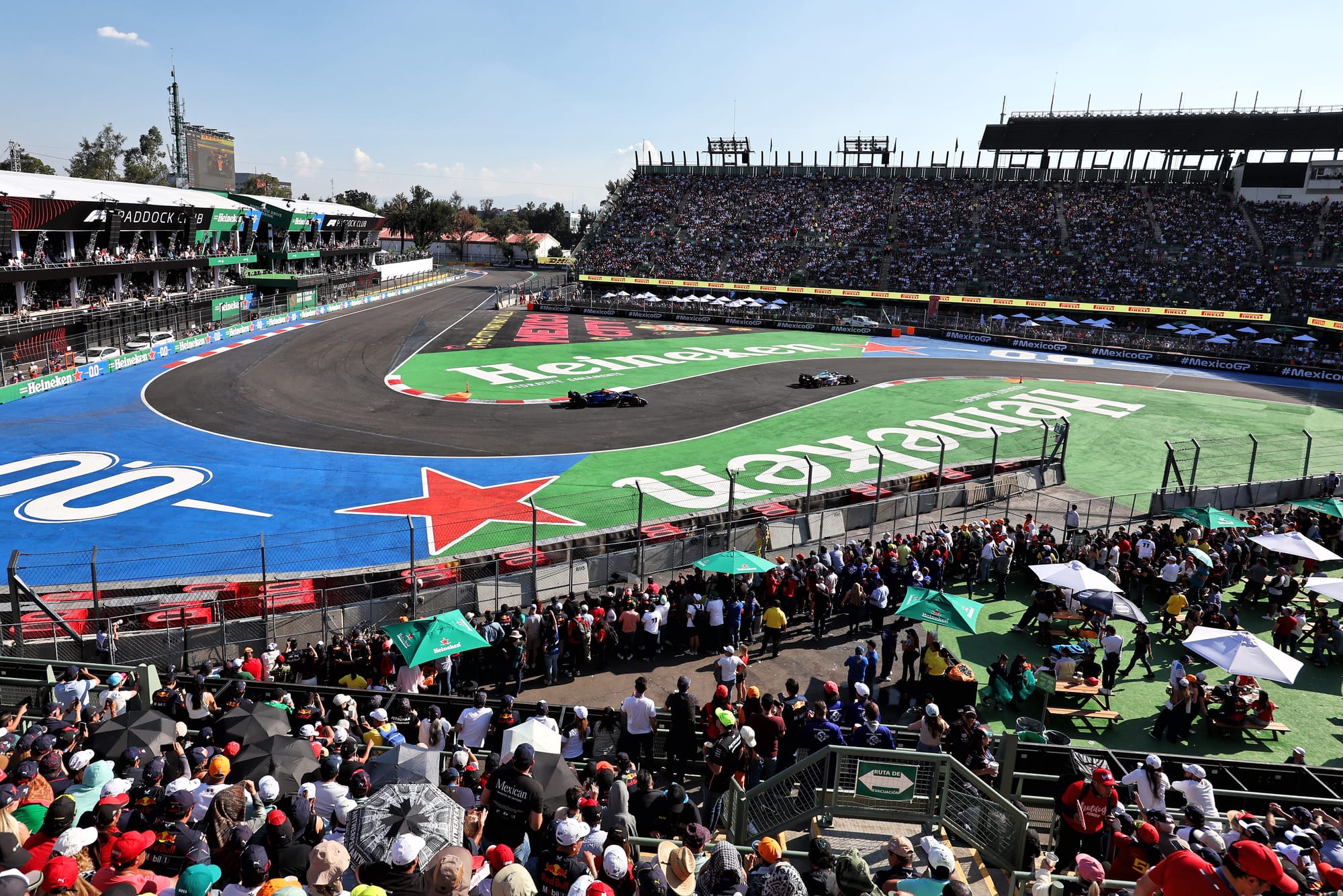
“James is pushing hard to try and improve this place, the board is fully behind him moving the place forward and that's the thing that excites me. We're not going to be limited in what we can achieve, we've just got to do the best we can in the time and move things forward.”
The contrast between how Fry views Alpine’s ownership and the support Williams has is obvious and confirms the wider impression and doubts about whether Renault Group is giving Enstone the support and autonomy it needs in order to emerge as an F1 frontrunner.
He also suggested ex-Alpine team principal Otmar Szafnauer, who left the team in August having only taken up the position in early 2022, wasn’t given the time or the freedom to improve the team.
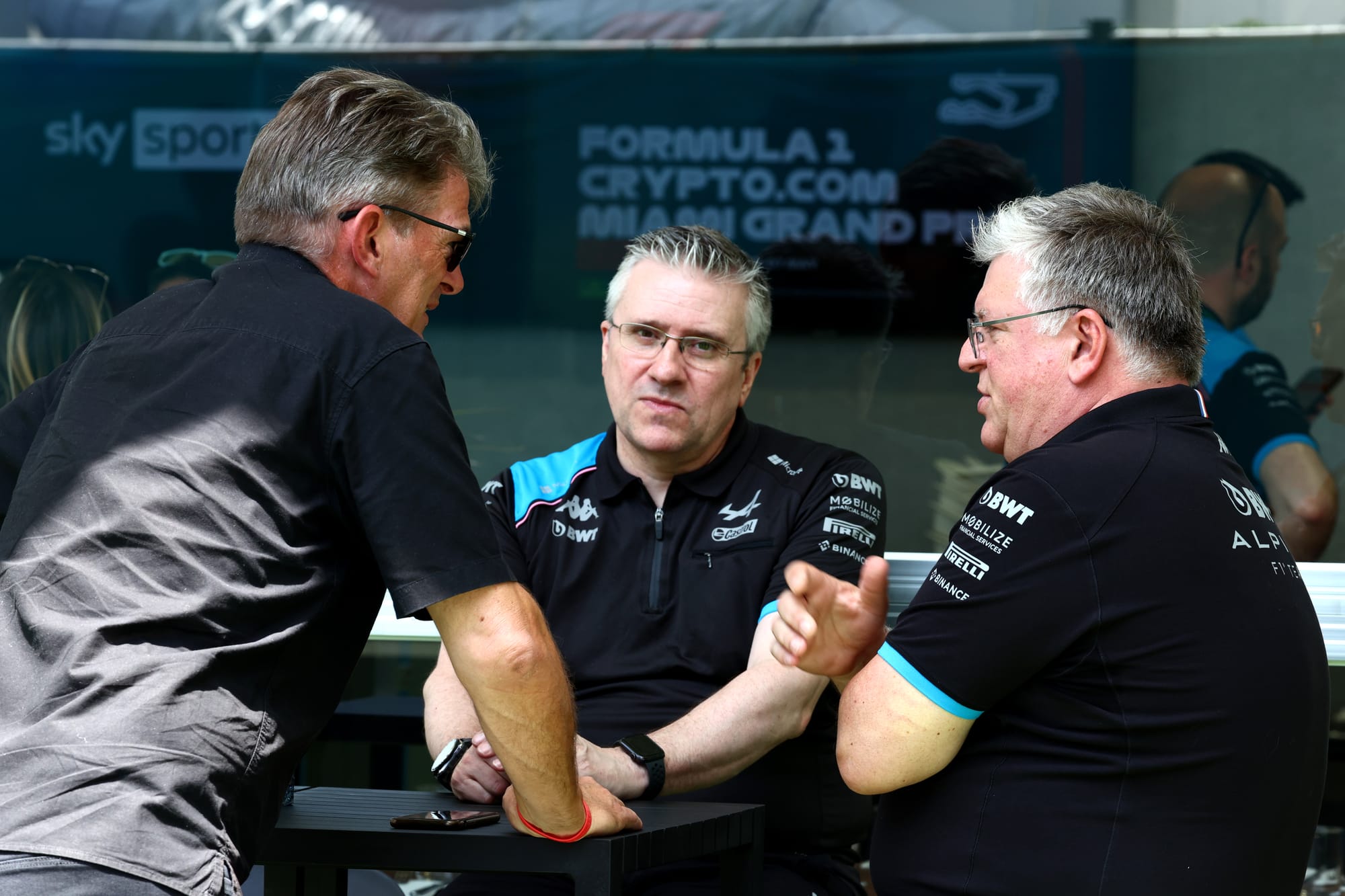
“Enstone as such, the destiny that we were in charge of we could control and I think we did a good job,” said Fry when asked by The Race to clarify whether the comments about the lack of enthusiasm and drive were targeted at the ownership or Enstone.
“I'm not sure that Otmar got a fair chance at fixing the place, because to some degree things...metaphorically your hands are tied, I guess.
“As I say, I think everyone there should be proud of what we achieved in those first three years. It's always a shame walking away from things but for me, that was time, I'd taken them as far as I could and it was time for me to put my feet up and sit in my garden.”
The Race says
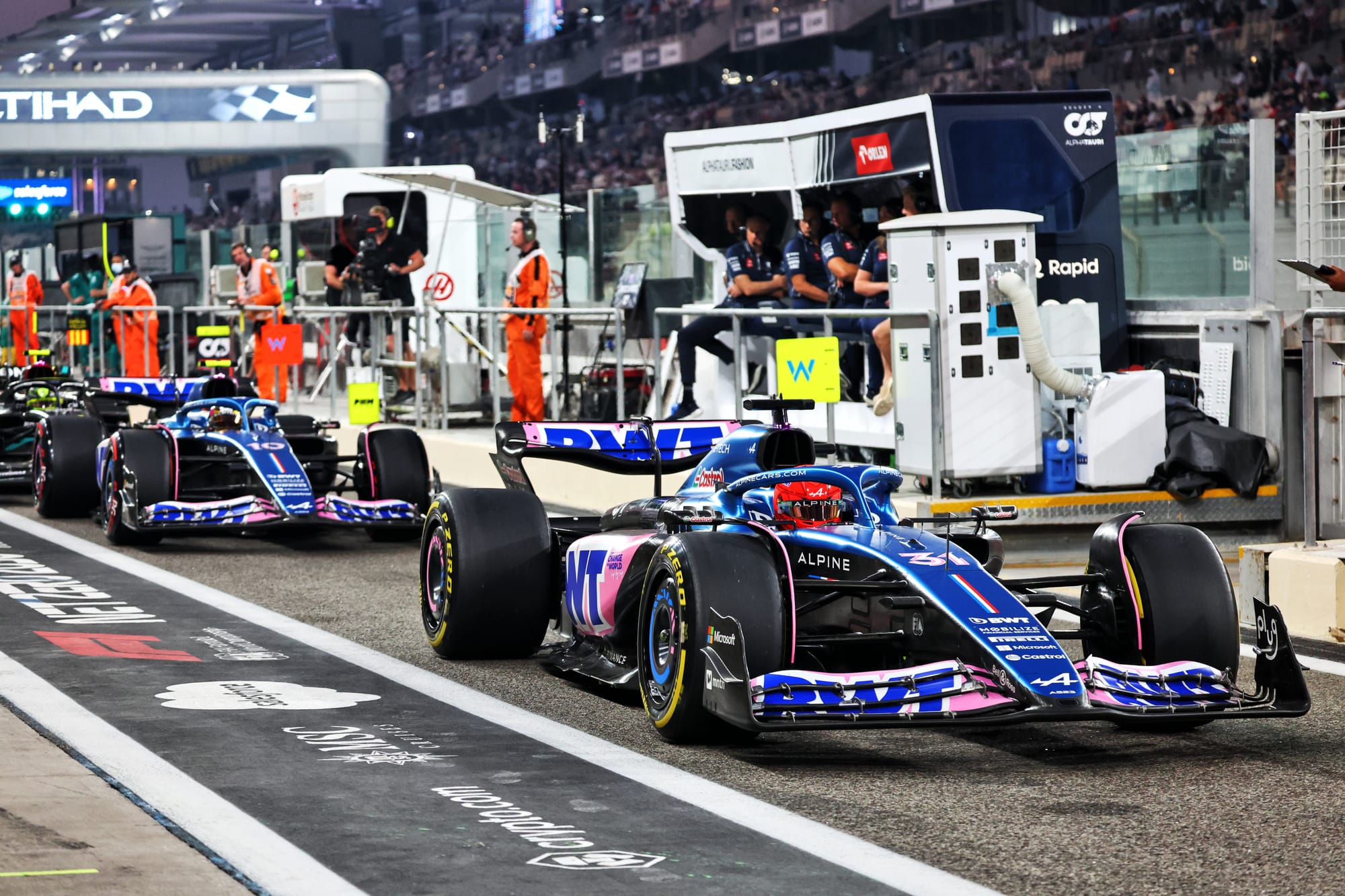
Fry’s comments should be taken as a big vote of confidence in Dorilton Capital’s backing of Williams, which he accepts has a long way to go to re-emerge as a race-winning force. The contrast with his previous team is very clear.
Given Fry played a key role in the early stages of McLaren’s recent revival, and oversaw tangible gains at Alpine, that’s encouraging for the progress that can be expected at Williams on his watch in the coming years. His role will be to look at the big picture technically in terms of facilities, the long-term growth and the processes and structures, so we can expect further appointments to strengthen the team technically in the future as it builds up.
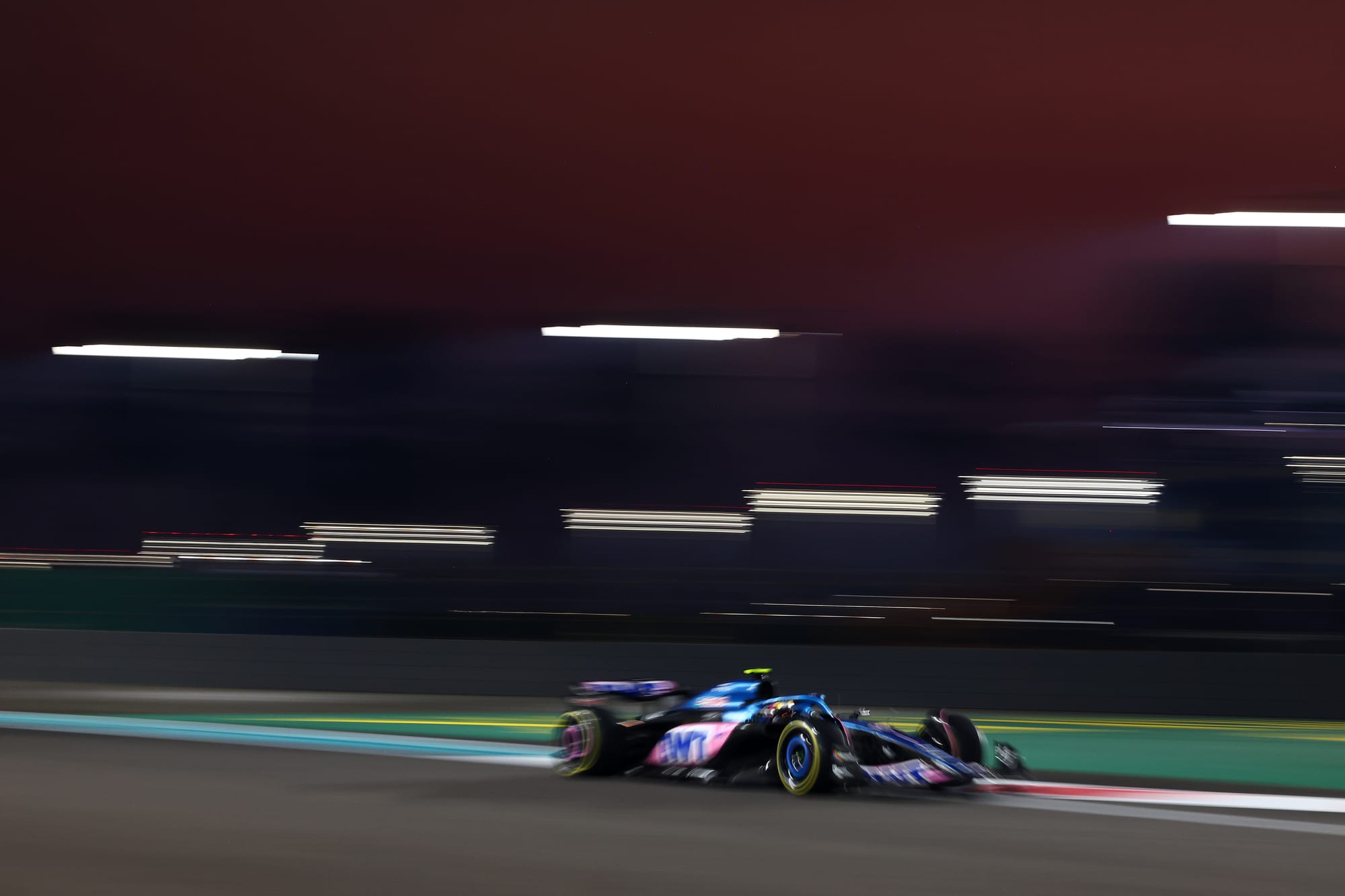
Fry’s comments also underline the fact that there are legitimate question marks about whether the Alpine team under Renault ownership really will be able to fulfil its potential.
It’s important to note that things have changed since he left with the departure of Rossi and Szafnauer and reshuffles that do appear to have made the trackside team more consistent, which is gently encouraging. There has also been the arrival of new investment with the sale of 24% of the team to a star-studded investment group.
But this is a team that has genuine potential, and as a works operation clearly should have the ambition to be winning races and fight for championships. And as Renault’s erratic history as a team owner in F1 underlines, whether its stewardship will allow it to realise that is another question for all the positive comments being made about a mindset change.

